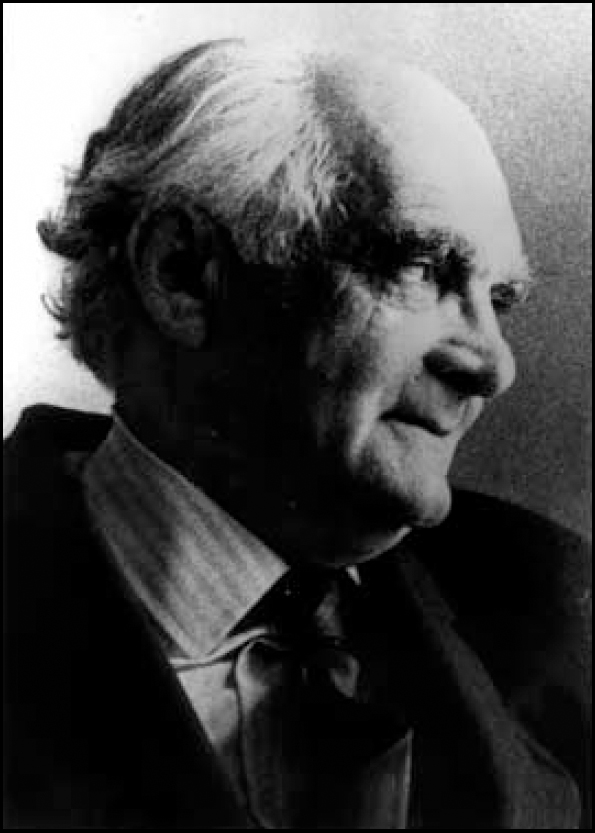Henri Rey, as he preferred to be called, was a psychoanalyst who worked at the Maudsley Hospital for 32 years, he was an inspiring and much loved teacher who had a profound influence on a succession of psychiatrists who trained under him. They recognised his great intelligence and breadth, his sympathy and warmth for his patients and appreciated his generous and friendly attitude towards his students. He was able to help them to understand what was going on in the minds of the patients they were confronted with. It was often a source of relief when he could begin to make sense of the confusing and frightening phenomena manifested by borderline and psychotic patients. His application of psychoanalytical ideas, particularly those derived from the work of Melanie Klein and Herbert Rosenfeld, introduced the young psychiatrists to the peculiar and fascinating logic of these ill patients. His individual and group supervision sessions were a pleasure and a privilege to participate in.

Rey had profound sympathy for the suffering of the patients he encountered. Following Freud's pioneering work on mourning and melancholia, and Klein's subsequent elaboration of our understanding of the nature of the internal world in states of depression, Rey recognised the degree of internal damage or devastation many patients have to struggle with. He began to explore, in an original and creative way, the nature of the internal work that has to take place for the patient to be able to achieve some degree of reparation of this damaged world for which he or she feels responsible. He argued that until such internal reparation can begin to take place, the patient will continue to be burdened by feelings of guilt and persecution, never feeling entitled to achieve satisfaction in their own lives.
Henri Rey was born in 1912 at Curepipe on the island of Mauritius. He first studied agricultural chemistry and worked on a sugar plantation for a few years. Eventually, he decided to change course, and left for England to study medicine at Barts, where he graduated MB, BS in 1943. He was awarded the MD (Lon) in 1949. During the war he worked in different hospitals and served in the fire service during the Blitz.
Rey had a lifelong fascination with the interaction of the mind and the body, and his particular interest in the workings of his own mind and that of others led him to turn to psychiatry. In 1945 he joined the Maudsley Hospital, where Sir Aubrey Lewis was attracting talented and enthusiastic staff with interesting and varied backgrounds. Rey's early researches focused on epilepsy and endocrine functions, but increasingly he was drawn to a more profound study of the mind, and decided to train at the Institute of Psychoanalysis. He qualified as a psychoanalyst in 1958 and was appointed as a consultant psychotherapist in the psychotherapy unit at the Maudsley. He also began practising part time as a psychoanalyst.
Many of Rey's more important psychoanalytical papers were eventually collected in Universals of Psychoanalysis (Reference Rey and Magagna1994). In them he illustrates his unique understanding of borderline and psychotic patients, who often seem to alternate between severe claustrophobic fears of being trapped and fears of disintegration if they escape into what feels like empty space. There is thus no place of safety, and no figure, either internally or externally, that can be trusted or relied upon.
Rey's retirement in 1977 was a significant loss to the Maudsley. Rey himself greatly regretted leaving the institution for which he had a special affection. He left behind him a generation of psychiatrists, psychotherapists and psychoanalysts for whom he was an unforgettable mentor and friend. In retirement he was in great demand as a visiting professor, and spent extended periods teaching in South Africa, Australia and Canada.
In 1966 he married Nastiouch Stahovich. He died in France on 12 January 2000, and he is survived by his wife and three step sons.



eLetters
No eLetters have been published for this article.